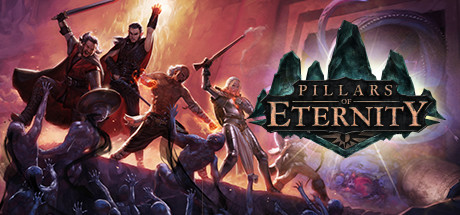Lhynn
Arcane
- Joined
- Aug 28, 2013
- Messages
- 9,852
I powergamed the shit out of the system, it had nothing to do with minmaxing tho. Every system ever designed can be powergamed, thats never been an issue, the issue is wether its fun to powergame it.Except minmaxing your stats at character creation. Although I suppose most AD&D-heads don't even consider that powergaming.
I did a couple times, throwaway characters. The DM did have me start the story as the same level character than the party, i was one of the two enemies theyd have to face to beat it. My stats were awful, i didnt have a chance in hell of beating the party statistically speaking, and the DM knew it, we (me and a friend that also got there late and didnt have characters in that campaign) were supposed to be a distraction. A lot of things came into consideration with my awful throws, ended up being a fighter, ended up picking sword and shield and a crossbow, the heaviest armor i could afford, and because we knew where the fight would take place, we set up a small ambush to wear them down before attacking them.Is there anybody here BTW who actually rolled up a character like it's actually described in some of the older rulebooks? I.e., 3d6 for each stat, no reordering or shuffling points around, then pick the class which best fits the spread?
Put up a good fight, it was us 2 vs 4 of them and i was the last one to fall, only 1 of them made it out of that fight concious. (we could have killed a couple but i was aiming to win the fight, not harm the party permanently).
We were fighting against characters that rolled 4d6, drop the highest and reroll 1s, so they had a yuge advantage. I did remember getting a couple crits in a row in that fight, and saving when i really needed to, overall had a blast.
But it is, really fun. you just dont get to play what you want to play. But it can still be extremely fun, and in a way its a great feeling, making a character concept on the fly, and running with it, being constantly aware of your weaknesses and compensating for them.We did that when we first started playing. Quickly discovered that it was just... not fun.
Thats fair enough, comes down to your own preference tho, the manual gave you several options to handle it.So we started the 4d6-and-drop-the-lowest-score-then-reorder dance like everybody else.
Nope, its p. great. Not the greatest ive ever seen but it gets the job done and adds a lot to the game.It is a really dumb attribute system.































